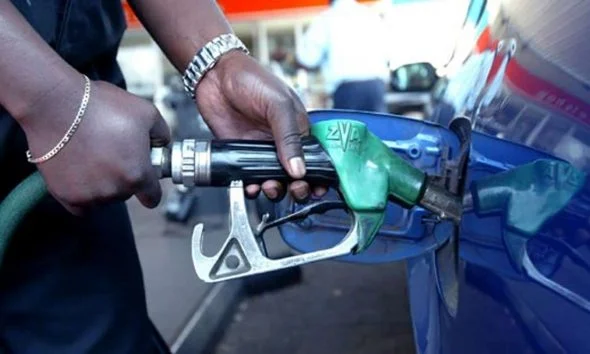
READ ALSO:INCREDIBLE revelations on Fuel Subsidy, damages done to Nigerians – YUGUDA EXPOSES DIRTY DEALS (VIDEO PLUS DETAILS)
One month after fuel subsidy was removed in Nigeria, many entrepreneurs and business owners are bearing the brunt.
At his swearing-in as President, Bola Ahmed Tinubu made a controversial announcement on removal of fuel subsidy, resulting in high prices and long queues nationwide.
Although the policy was to take effect July 1, 2023, it sparked concerns and uncertainty as Nigerians rushed to buy fuel from filling stations.
READ ALSO:I Delayed Subsidy Removal To Allow Tinubu Win Election –BUHARI



Leave a Reply